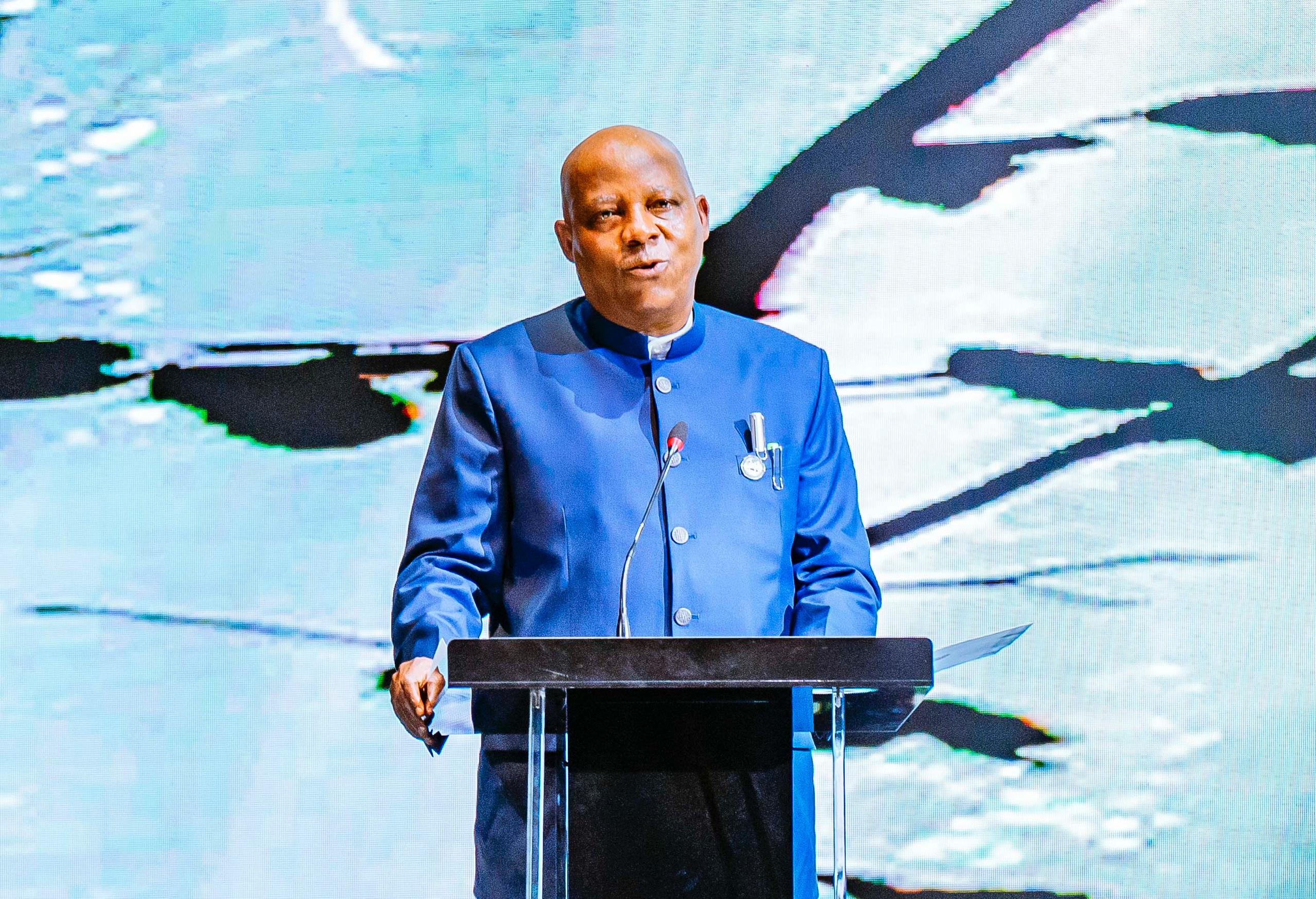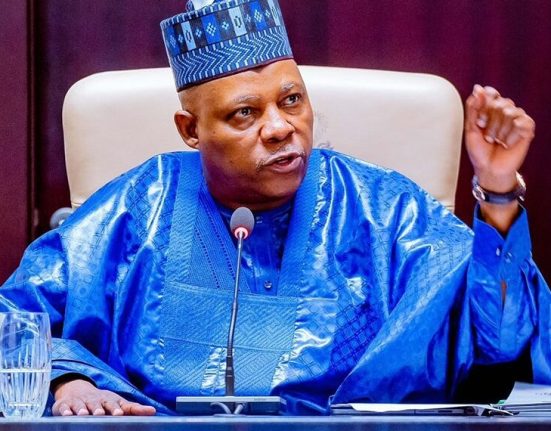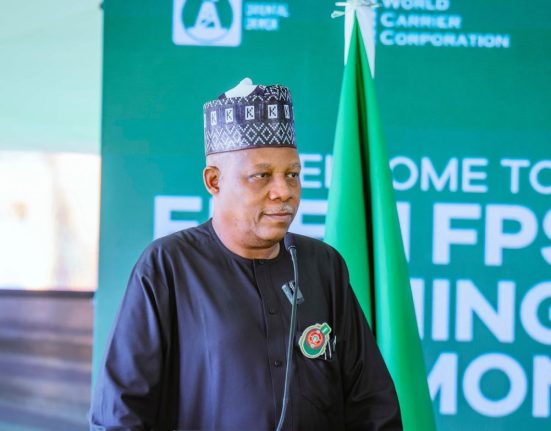Addis Ababa, Ethiopia | July 29, 2025 — In a bold step towards environmental sustainability and technological advancement, the Federal Government of Nigeria is set to sign a Memorandum of Understanding (MoU) with a global consortium comprising the Dalberg Group and Campo Group to activate its ambitious Green Legacy Programme.
The development was unveiled on the sidelines of the ongoing United Nations Food Systems Summit in Addis Ababa, Ethiopia, during a high-level meeting between Vice President Kashim Shettima and the consortium behind Ethiopia’s 46 billion tree planting milestone.
According to VP Shettima, the initiative aims to plant 25 billion trees across Nigeria—a target he described as modest compared to Ethiopia’s success—while emphasizing the urgency of kickstarting the process with 10 billion trees. “Where there is a will, there is always a way,” Shettima said, adding that experience, as demonstrated by Ethiopia, would serve as a guide in actualizing Nigeria’s vision.
Commending President Bola Ahmed Tinubu’s transformative leadership, Shettima said the administration is determined to redefine governance in Africa through courageous reforms and sustainable policies. “President Tinubu remains the most courageous leader in Nigeria’s modern history—one willing to take bold decisions to secure the nation’s future,” he declared.
In a parallel development, the Organisation of Southern Cooperation (OSC) has chosen Nigeria as the location for its first-ever South-South Technology Transfer Centre for Africa. The Centre, part of a broader plan to establish similar hubs in Latin America and Southeast Asia, is designed to facilitate technology exchange among developing nations.
This was disclosed during a separate meeting between VP Shettima and OSC Secretary General, Mr. Manssour Bin Mussallam. The OSC also proposed Nigeria as host of the upcoming African South-South Summit, citing the country’s visionary leadership and commitment to educational reform.
“The South needs to look inward to develop innovative solutions for its own challenges,” Shettima remarked, calling on the OSC to champion inclusive, knowledge-driven development. He reiterated the administration’s passion for education, noting that while Africa may have missed previous industrial revolutions, the continent must not be left behind in the digital age of Artificial Intelligence and biotechnology.
Secretary General Mussallam expressed gratitude for Nigeria’s early support of the OSC, describing the country as a foundational partner. He outlined the organisation’s six-pillar action plan, which includes creating a Southern Research and Innovation Fund and prioritizing education and technology-driven development across member states.
With the forthcoming MoU and the planned tech centre, Nigeria appears set to become a central figure in the global South’s push for green growth and digital transformation.







